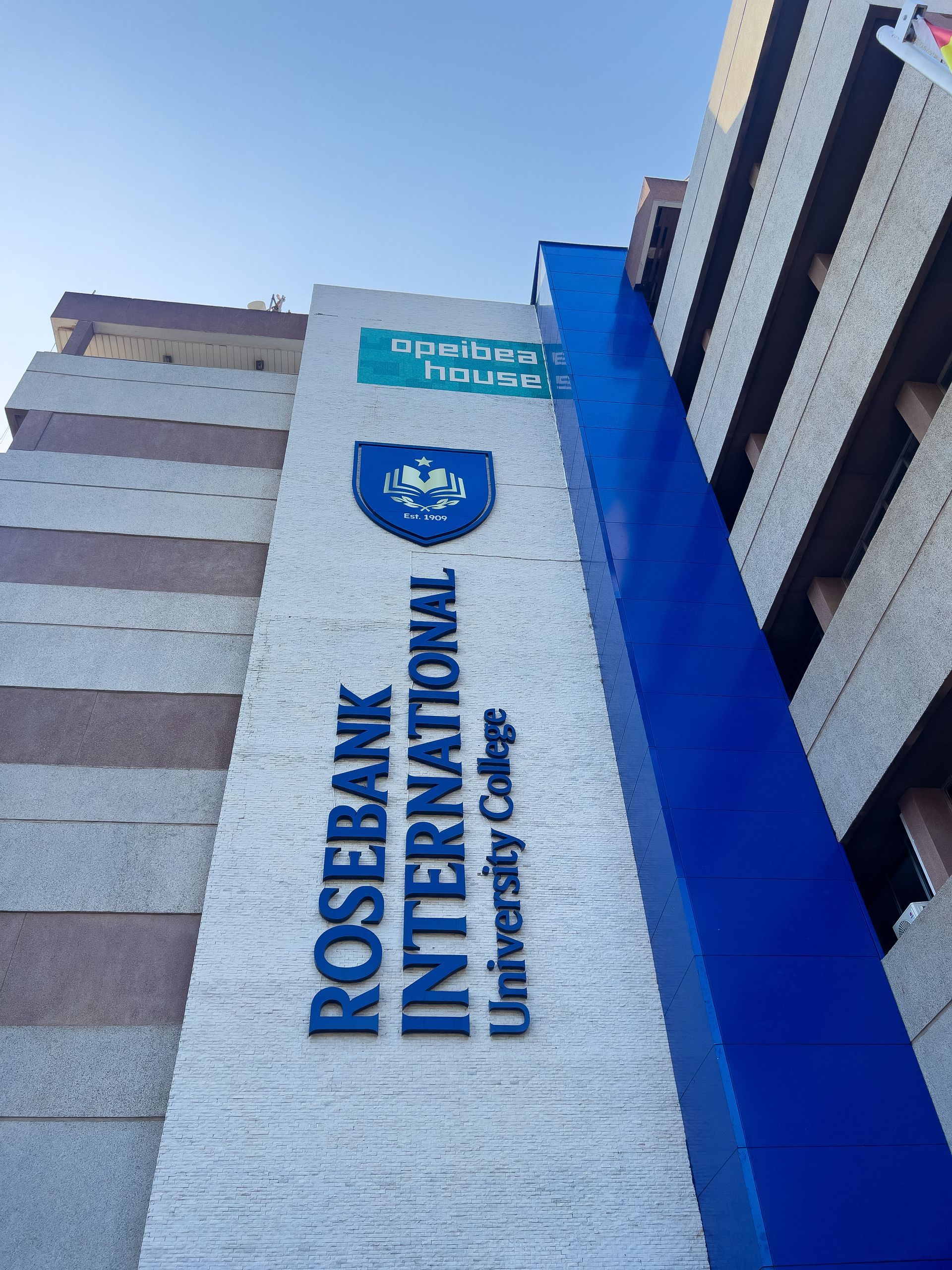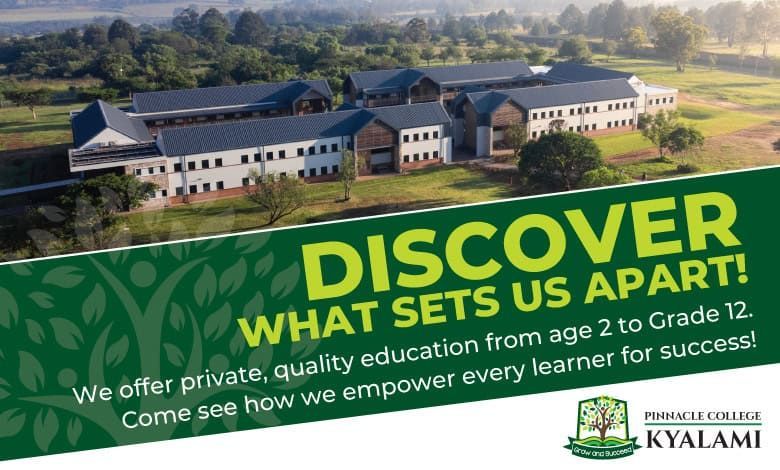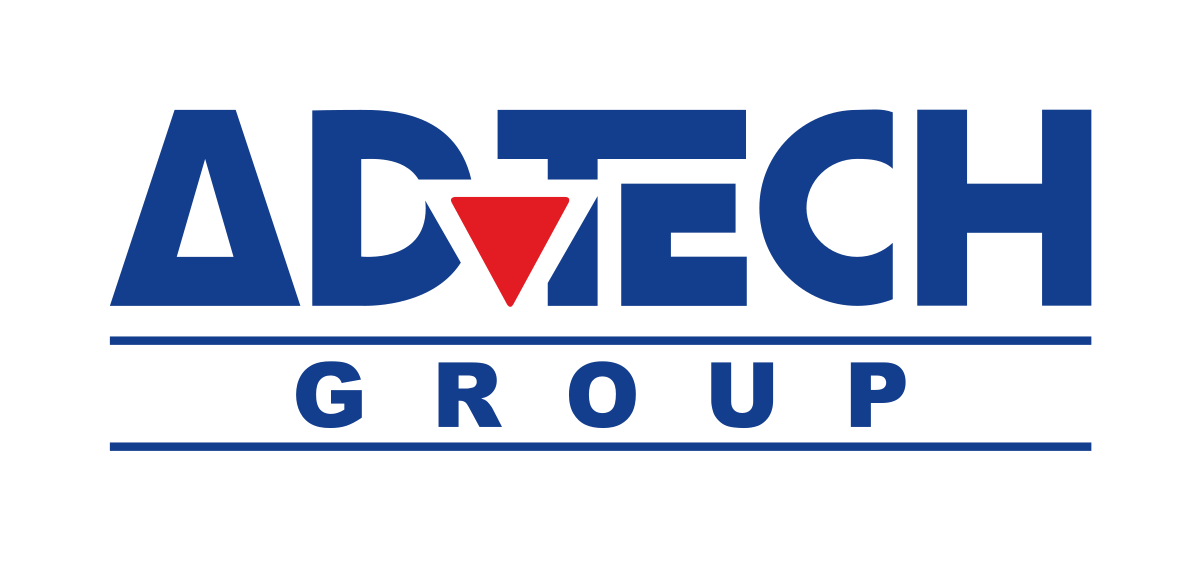School change: how to determine if moving on is right for your child
School choice is not a straightforward ticking-of-the-boxes exercise. As all parents know, there are many factors that influence the decision-making process. Even when exhaustive investigations have been done, questions may still remain whether the right choice was made.
At this time of year, following the mid-term exams, and looking forward to a new school year, parents may be considering moving schools due to various factors – academic, social and emotional. The decision to move schools is a significant one that can come with major upsides but also unforeseen downsides, and therefore warrants careful consideration.
Education experts from ADvTECH Schools say that while moving schools is a hard call to make, there are ways to determine whether a child’s current school is the best fit for them, or whether they will be best served in a new or different environment.
Renie Sutherland, Principal at The Bridge Assisted Learning School Morningside, says there are a few factors to take into consideration when assessing if a school is a good match. They include the questions of:
- Progress or Regresses: If your child is no longer making progress or is regressing despite the support in place, it may indicate that the current environment is not meeting their needs.
- Emotional Distress: If your child exhibits consistent emotional distress, anxiety, or behavioural issues that seem exacerbated by the school setting, this might be a sign that the environment is not conducive to their well-being.
- Lack of Adequate Resources: If the school is unable to provide the necessary resources, therapies, or accommodations that your child needs to thrive, it might be time to explore other options.
- Mismatch in Educational Philosophy: If the school’s approach to education and support structures does not align with your child’s learning style or needs, it could be beneficial to seek a school with a more tailored approach.
“The ideal environment varies based on the child’s specific challenges; for example a child with learning difficulties might need a more specialised setting, which offers individualised learning plans, smaller class sizes, and dedicated support staff,” she says.
Sutherland says when considering alternative options, parents should:
- Visit Schools: Schedule visits to potential schools to observe the environment, meet the staff, and see how the school operates on a day-to-day basis.
- Speak to the Principal: Have an in-depth conversation with the principal or head of the learning support team. Discuss your child’s specific needs and how the school can meet them.
- Assessments: Arrange for your child to be assessed by an educational psychologist or a specialist to gain a clear understanding of their needs and the type of environment that would best support their development.
- Talk to Other Parents: Connect with parents who have children with similar challenges to hear their experiences with different schools.
“Trusting your instincts as a parent is important. If you feel that your child’s current school is not meeting their needs, exploring other options may be the best decision for your child’s long-term success and happiness. How your child responds to school (happy or anxious) is a good determiner of how your child copes at school. Academic success is very much connected to emotional well-being, especially for children who require additional support.”
Marion Kohler, Principal at Abbotts JHB South, says there are a number of reasons as to why a school does not work out for student.
“It could be for emotional reasons, where the child is not making friends, or there has been social isolation. Academic progress could also be a factor, where the child feels they are not getting the necessary support from the teachers or school, or that their subject offering is not aligned with future goals.
“However, it is important to differentiate between typical challenges that can be overcome with time and support, and those that are perhaps just an incompatibility with the school environment. If the issues persist despite efforts to address them, it may be time to consider a change. A school cannot be everything to everybody.”
Kohler says when considering changing schools, it is important to look at the specific needs of a child when looking for a good fit for children with specific challenges.
“Most good schools will offer support for children with barriers to learning, in the form of concessions for exams and tests. There are also more niche schools that are very accommodating of children with mild autism, ADHD, learning barriers such as slow processing speeds, dyslexia, dyscalculia and those with mental health challenges.
“If a child has neurodiverse challenges that are more severe than those mentioned, a school with a stronger support system, such as specialized education services and teachers trained in differentiated instruction for these types of students would be a better fit.”
When investigating alternative options, word of mouth from current parents in a school would be wise, and definitely a visit to the school with an appointment to see the principal could support the decision to change schools.
“Obviously, proximity to home, affordability and fit are important factors to consider. Thereafter, schedule an appointment with the principal and a tour of the school. One gets a ‘feel’ of the culture and climate of the school, what their offerings are and whether you think your child would settle in the environment,” says Kohler.
When contemplating changing schools it is important to weigh up the concerns against potential opportunities, she says.
“If the concerns are ongoing and are affecting a child emotionally, such as bullying, or a general anxiety, perhaps an online school or a school with fewer students may be a better fit.
“However there is also value in remaining in the same school, as it allows students to build deeper relationships with peers and teachers and to develop coping mechanisms including grit, emotional regulation, resilience, perseverance and a growth mindset.”
ADvTECH Updates











